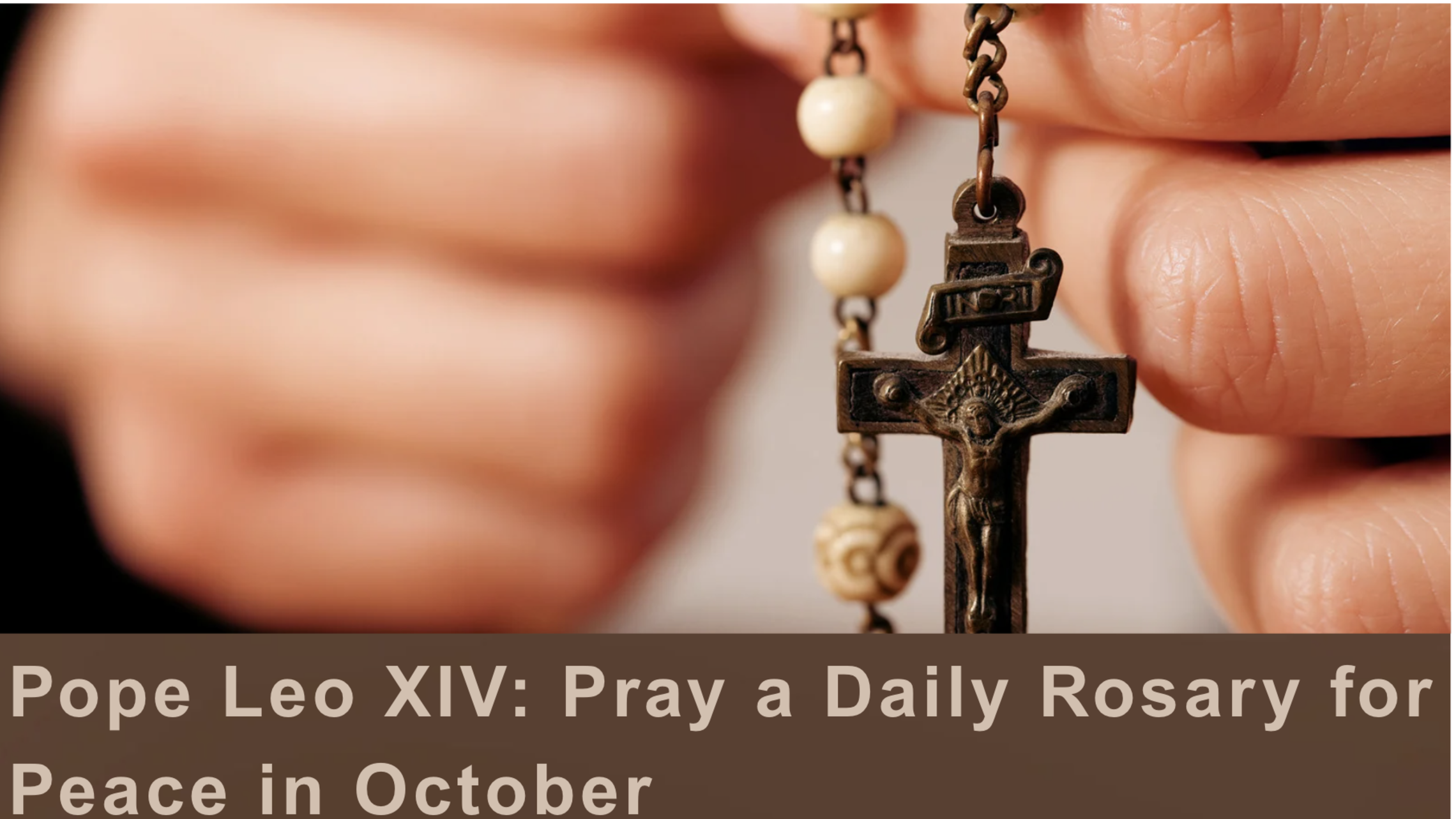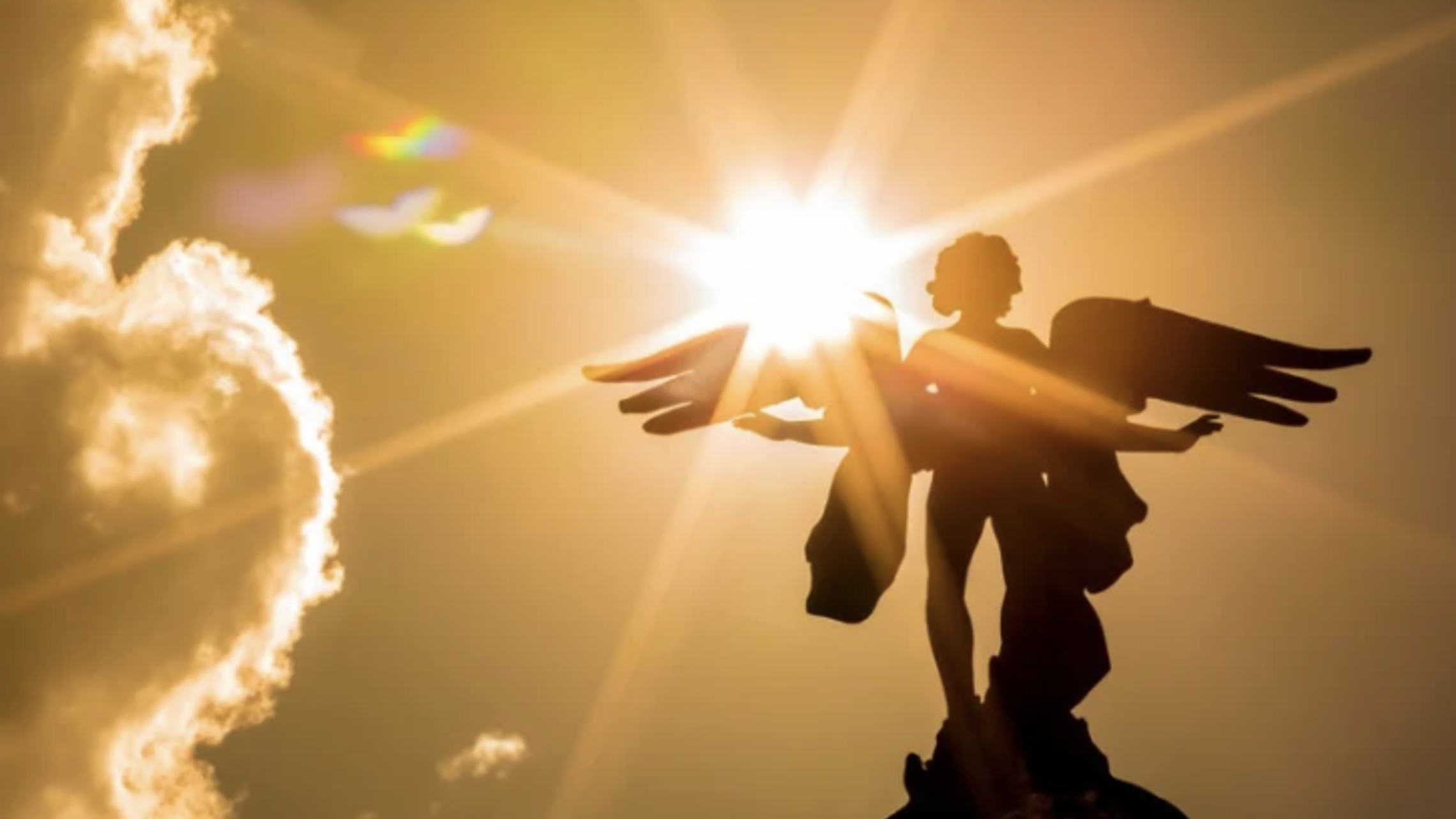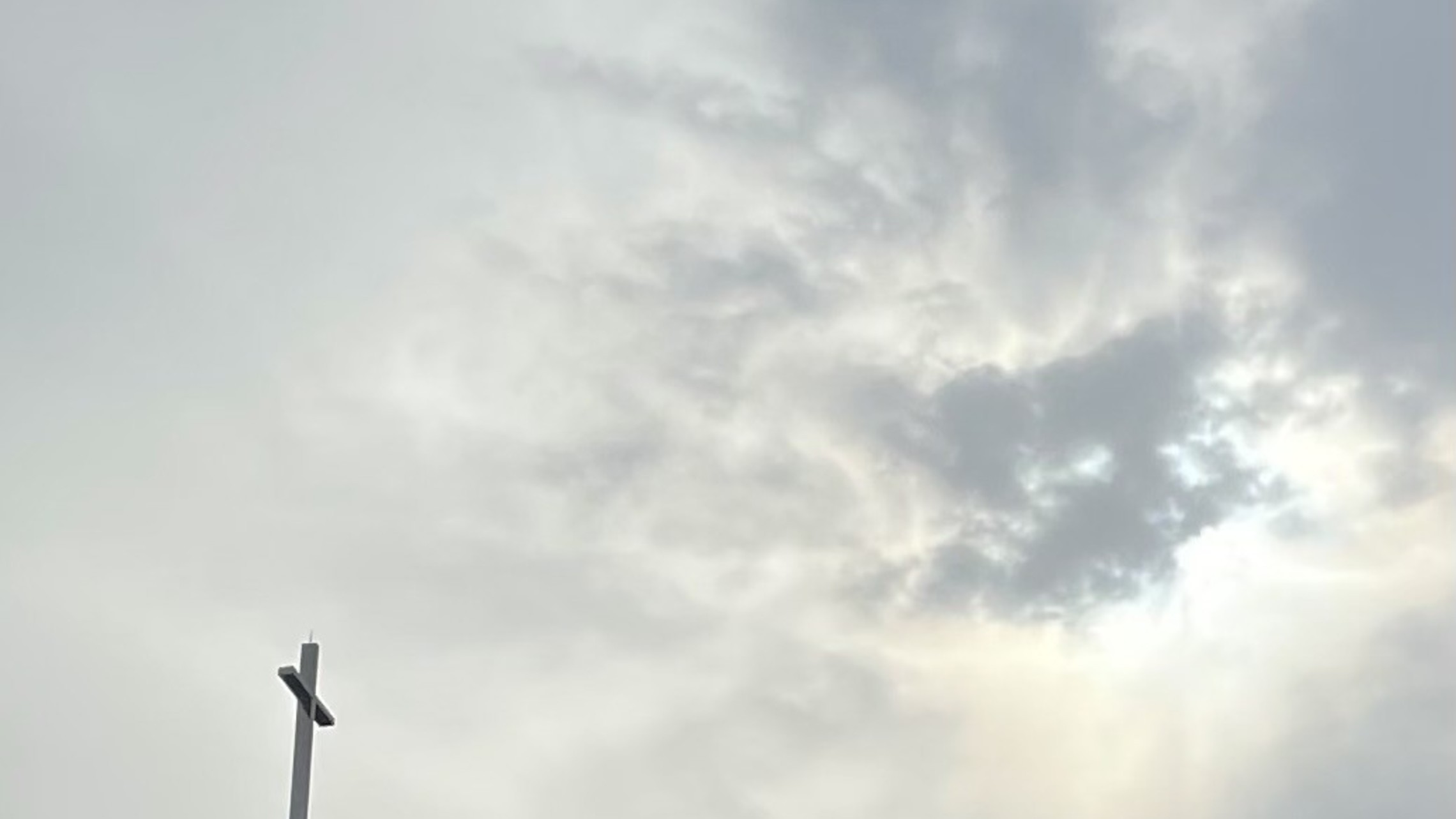A Brave New “Thoughtfulness” for American Democracy

Reflections on the Attack on the US Capitol by Fr. Frederick Edlefsen
“The one who states his case first seems right,
until the other comes and examines him.”
(Proverbs 18:17)
After the January 6 attack against the U.S. Congress, Pope Francis noted that even "in the most mature reality, there is always something that doesn’t work, people who take a path against the community, against democracy and against the common good.” Though nothing in this world is born in innocence, something “mature” has grown from the higher ideals upon which this country was founded. Notwithstanding its faults, American democracy is a providential gift to humanity. It must be defended and nurtured.
Some people have minimized the gravity of the attack on the Capitol, saying that all riots are bad and this was just another riot among others since last May. However, Bishop Burbidge said, “for us to move on from this event and chalk it up to yet another angry, violent demonstration, following a year of violence and chaos, would be a tragic mistake.” Though all riots are bad, not all riots are the same. Attacking an arm is not like attacking a heart. In fact, a slaughter of elected lawmakers nearly took place. Moreover, unlike many of the riots of 2020, the January 6 attack was not a response to a social injustice.
Attacking lawmakers who were in the process of assuring a peaceful transition of power is a grave crime against all civilized people. A system of government that provides for a democratic and peaceful transition of power is no small matter. It’s a high civilizational achievement, which took centuries to “mature.” It’s a public service of global import worth protecting at all costs. It takes on greater importance when that government is the world’s recognized founder and leader in democratic processes and law. The events of January 6 were an attack on the entire global community of nations and the common good of every civilized person. It was not only an attack on the present government, but a threat to the prospect of democracy and the peaceful transition of power for all future generations. That is a crime of the highest order, and it must be treated as such.
Men and woman who hold public office must, more than ever, behave like ministers of state. They must weigh the impact of their words, especially in today’s wireless “global village.” Everything they say or do has global consequences. Today’s wireless interconnectedness means that public officials must be held accountable for what they say or post on social media. Assertions with no factual basis can readily provoke dangerous movements and anti-democratic activity.
But the onus is not just on leaders. We, ordinary citizens, must be solicitous not only about what we say or post on social media, but also about what we read and watch. We must beware of what and who we believe. We must question sources and be cautious about the prospect of false and misleading assertions. Just because we agree with an assertion, in principle, doesn’t mean its facts or narrative are right or credible. Just because we disagree with someone, in principle, it doesn’t mean their facts and narrative are wrong. Ideology is not a good benchmark for judging what’s true or false. Echo chambers lead to reality loss. In this wireless age, where time and space are collapsed and where “information” travels at lightspeed, we must be thoughtful, discerning and constructively critical of everything online. It’s a matter of social charity and responsibility. “There is a way that appears to be right, but in the end leads to death” (Proverbs 14:12).
Social and political evils are not just caused by “bad people” or “people who do bad things.” Bad leadership often rises through layers dissipation and sloth among decent people. The German Jewish political thinker, Hannah Arendt, noted that there was a pervasive “thoughtlessness” in European society in the first half of the 20th century. Today, there is a “thoughtlessness” that arises from clinging to a narrow handful of disjointed yet strongly held convictions. Pope Francis touches upon Arendt’s notion of “thoughtlessness” in his repeated concern about a pervasive “selfishness,” or a turning in on one’s self, among otherwise good and pious people. He says the problem pervades today’s society and Church.
On the flip side, our hope lies in a new “thoughtfulness.” This “thoughtfulness” is a chosen, intentional and empathetic social awareness. It’s open to the needs of people outside one’s own social group, even those who do not share one’s opinions. “Thoughtfulness” starts with an attentive and non-judgmental listening to what others are saying with a view “hearing” what they experience. It’s a stepping out of one’s familiar mores, or habits of the heart, that bind and define one’s cultural identity. This daily “thoughtfulness” may be just a modern form of the ancient monastic notion of a “daily conversion of heart.” It’s a form of generosity.
You might say, we need a new “political thoughtfulness.” Democracy cannot survive in a society only concerned with defending of an eclectic handful of personal rights and pet causes. Democracy thrives on bold visions. Per Catholic Social teaching, democracy is about promoting “integral human fulfilment” and the “common good.” Catholics must boldly engage – and be open to – the broad array of social questions that affect millions of people. We need a brave new “thoughtfulness.”
Bishop Burbidge's statement on the riot at the US Capitol is available on the Catholic Diocese of Arlington's webpage.
They Know Us by Our Love: A Reflection on the Riot at the U.S. Capitol
Listen to Fr. Edlefsen's Interview on NPR's Interfaith Voices
Categories:



